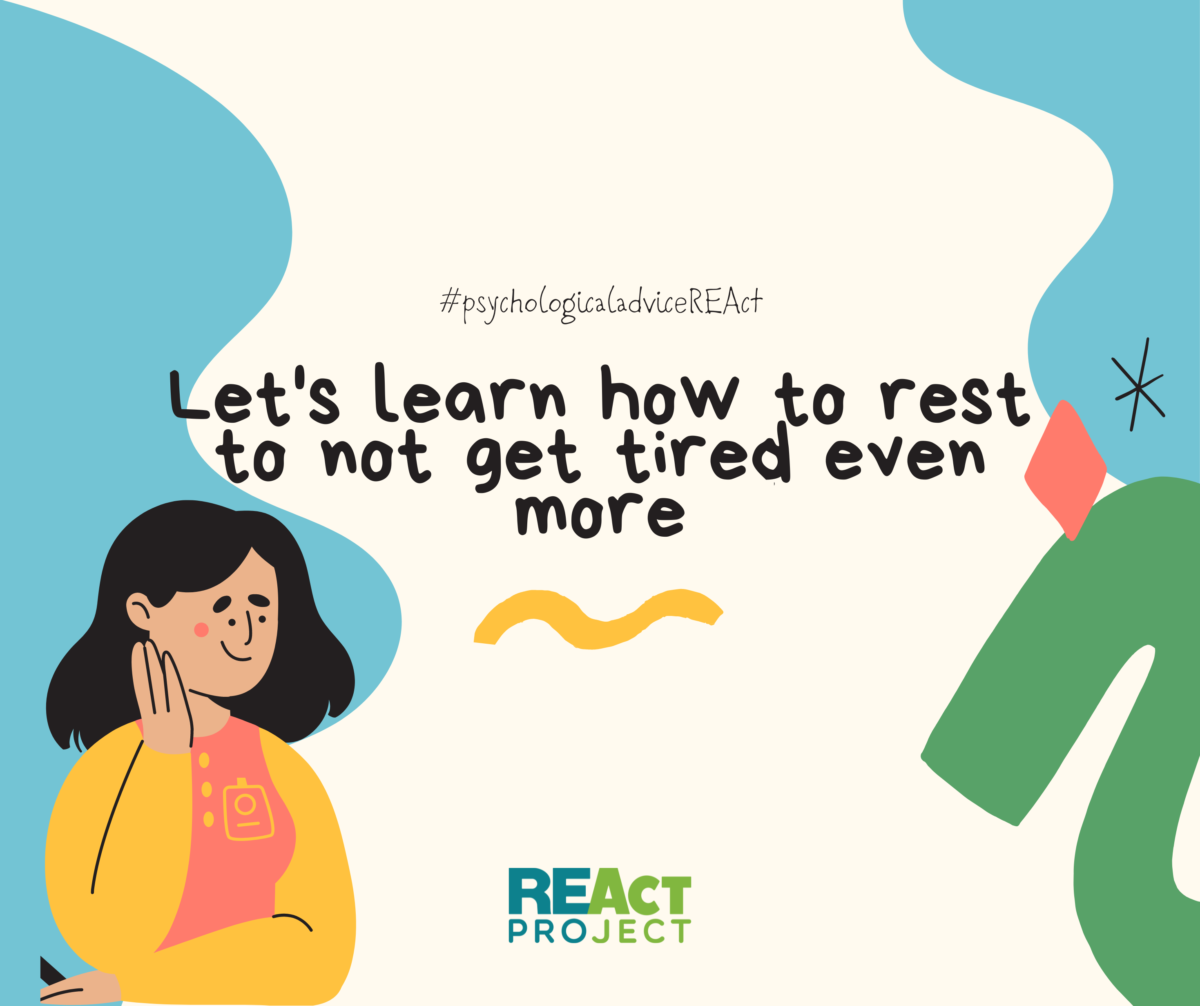Intuitively, we feel that work and rest are different experiences.
Work requires effort, concentration of attention, and expenditure of physical and mental energy. This leads to fatigue and a desire to have some period when the hormonal background, heart rate, and other physiological processes can return to their original level.
If this does not happen, our fatigue increases and the body is exhausted, affecting our health.
It’s not normal when at the end of the day you can’t relax, you can’t focus on current affairs, and you start the next working day tired.
People who remain without rest complain of fatigue, psychological distress, and cardiovascular problems.
So what kind of rest promotes recovery?
Most of the things we do can be divided into those that make more and fewer demands on us.
Things that do not make special demands: like lying on the sofa, watching TV. Such “actions”, of course, will contribute to recovery as soon as possible. However, not everything is so simple, as passive rest goes hand in hand with boredom and apathy.
Studies have shown that low-effort activities have little or no effect on recovery. After that, people do not always feel rested and ready for work.
There is also an assumption that what precisely a person does in his free time from work is not so fundamental. But it is essential that this experience allows you to completely distract yourself from work, relax, promote self-development, and return a sense of control over the distribution of your own time.
If you can answer the following 4 questions in the affirmative, then your vacation can be considered complete.
In free time from work:
- Do I forget about work?
- Do I have time to rest?
- Expanding my horizons?
- Do I manage the time myself?
The ability to distract yourself is especially important during busy and oversaturated working days.
Activities that help you relax, such as listening to music, walking in nature, and having a good conversation with a positive person are directly related to life satisfaction scores.
Numerous studies have shown that the experience of meditation or prayer at the end of the day promotes recovery, relieves fatigue, and improves sleep quality.
Sleep is also a period of deep relaxation and recovery. On average, it is important for an adult to sleep 7-8 hours a day.
Strenuous work does not increase the duration of sleep but worsens its quality. The more exhausted a person is, the worse he/she sleeps.
Sports and hobbies of all kinds can also help with recovery, and in addition, promote self-development and have many accompanying benefits for our health.
Playing sports promotes the production of endorphins, and increases the secretion of norepinephrine, serotonin, and dopamine, which has an antidepressant effect. Also, intensive exercises allow you to distract yourself from negative thoughts.


